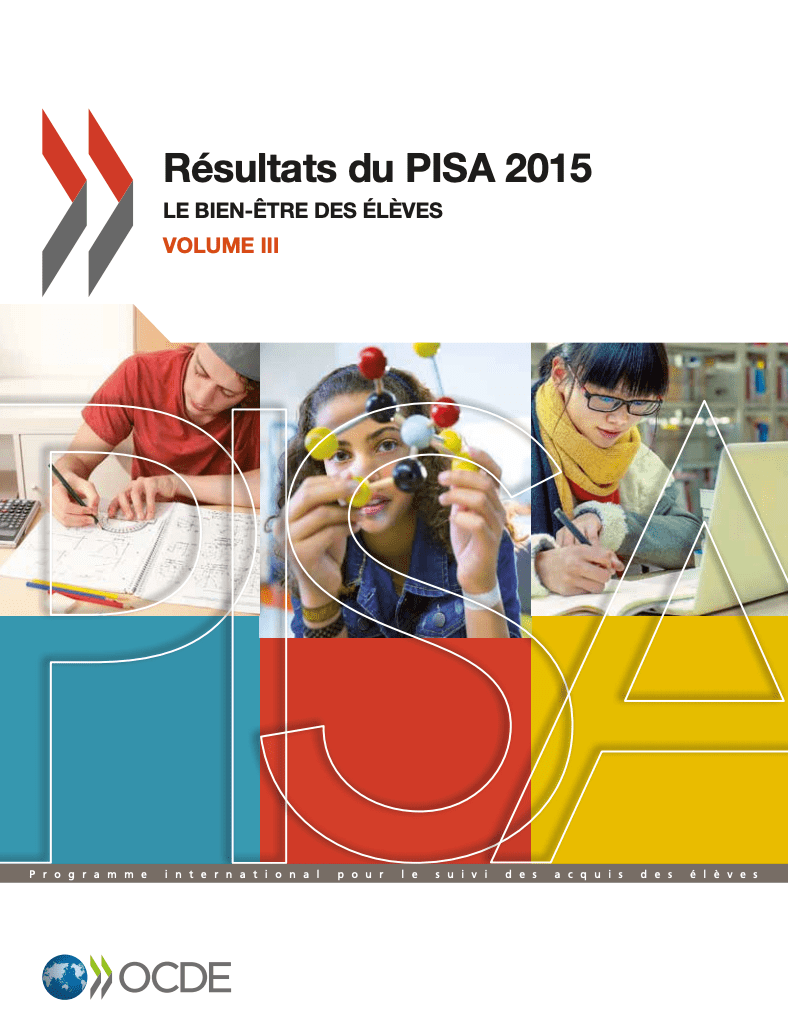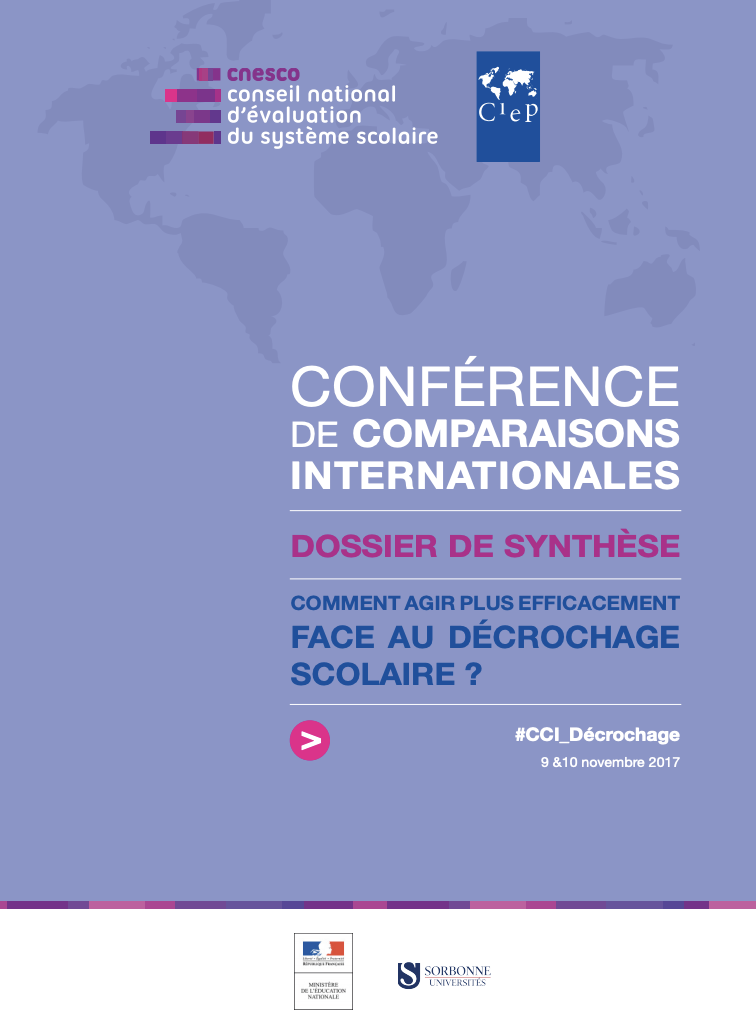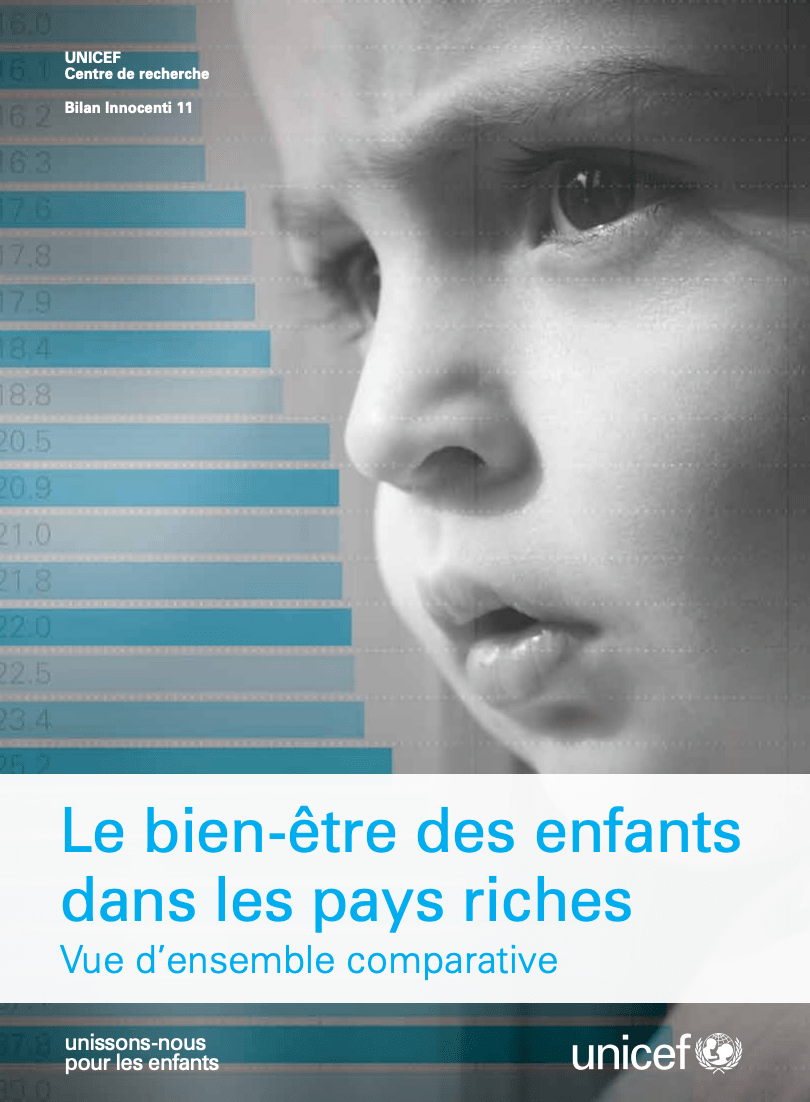- Share
- Share on Facebook
- Share on X
- Share on LinkedIn
The PISA survey (2015) shows that the motivation to succeed of French students is globally low and that there is a significant heterogeneity:
- France has the lowest academic motivation index of all OECD countries.
- The least motivated students (bottom quartile) score an average of 38 points less in science than the most motivated students (1st quartile), representing one year of schooling.
Need to develop more motivating teaching practices.
The CNESCO synthesis (2017) shows that the school dropout rate in France remains high and is costly to the community:
- The school dropout rate was 13% (rate of school leavers without a diploma) in 2015
-
The cost of dropping out of school to the community for an individual throughout his or her life is estimated at 230,000 euros.
Need to improve school perseverance in order to prevent dropping out.
The survey conducted by the UNICEF research center (2013) shows that the level of academic well-being of French students tends to decrease:
- Among the 29 OECD countries, France ranks 15th about the educational well-being of students (while it ranks 10th in terms of material well-being).
- From 2000 to 2010, the level of academic well-being of French adolescents has declined.
Need to strengthen the academic well-being of French youth.
The Eurydice survey (2013) on the teaching profession in Europe shows that French teachers are among those who report the lowest level of job satisfaction:
- Only 25% of French teachers report high job satisfaction.
- The low level of job satisfaction can be explained by a lack of economic and symbolic recognition, lack of resources, and appropriate training.
-
The training needs of teachers focus on professional skills and teaching techniques, while the provision of in-service training focuses on strengthening disciplinary content.
Need for in-service training that is more in line with teachers’ expectations and needs.
- Share
- Share on Facebook
- Share on X
- Share on LinkedIn



